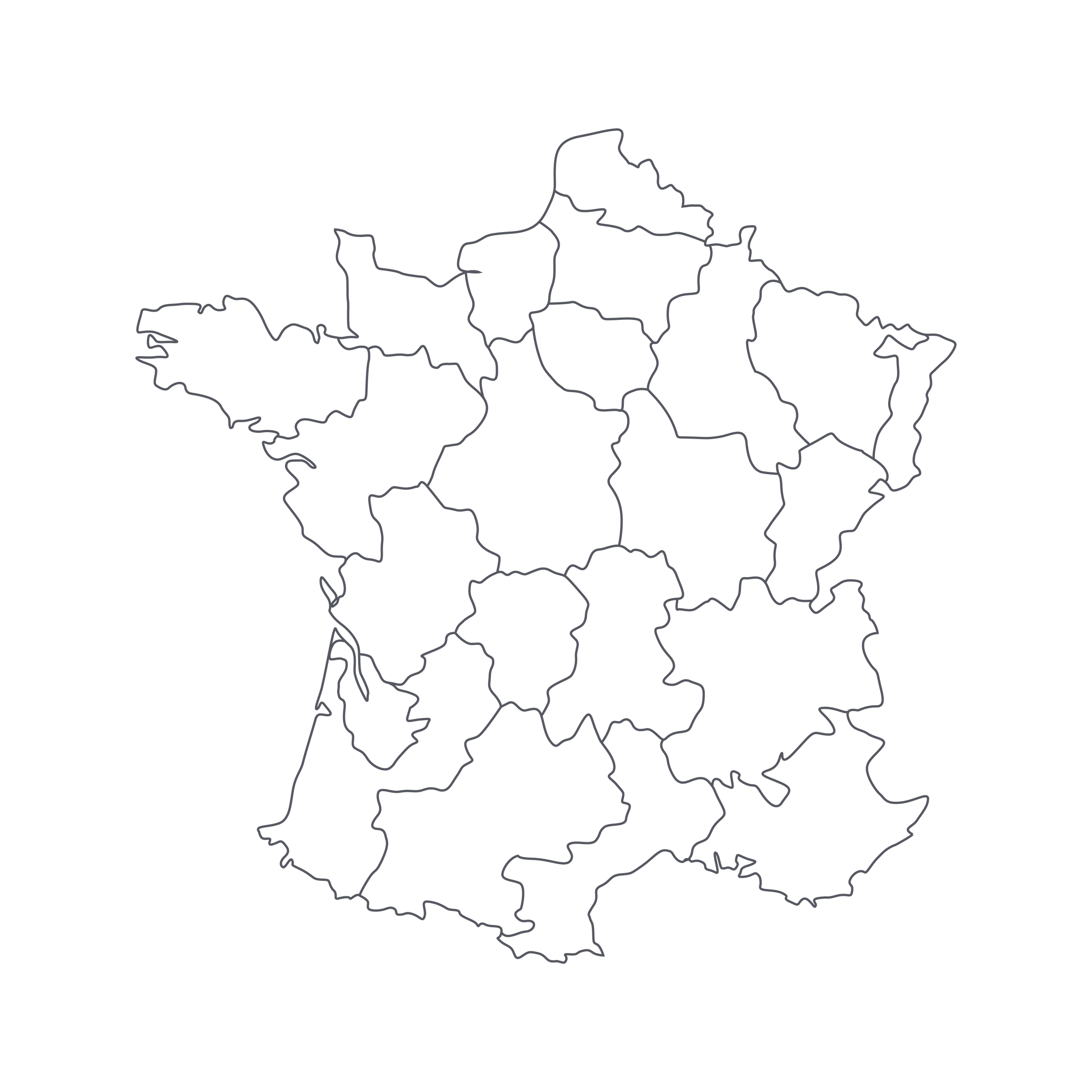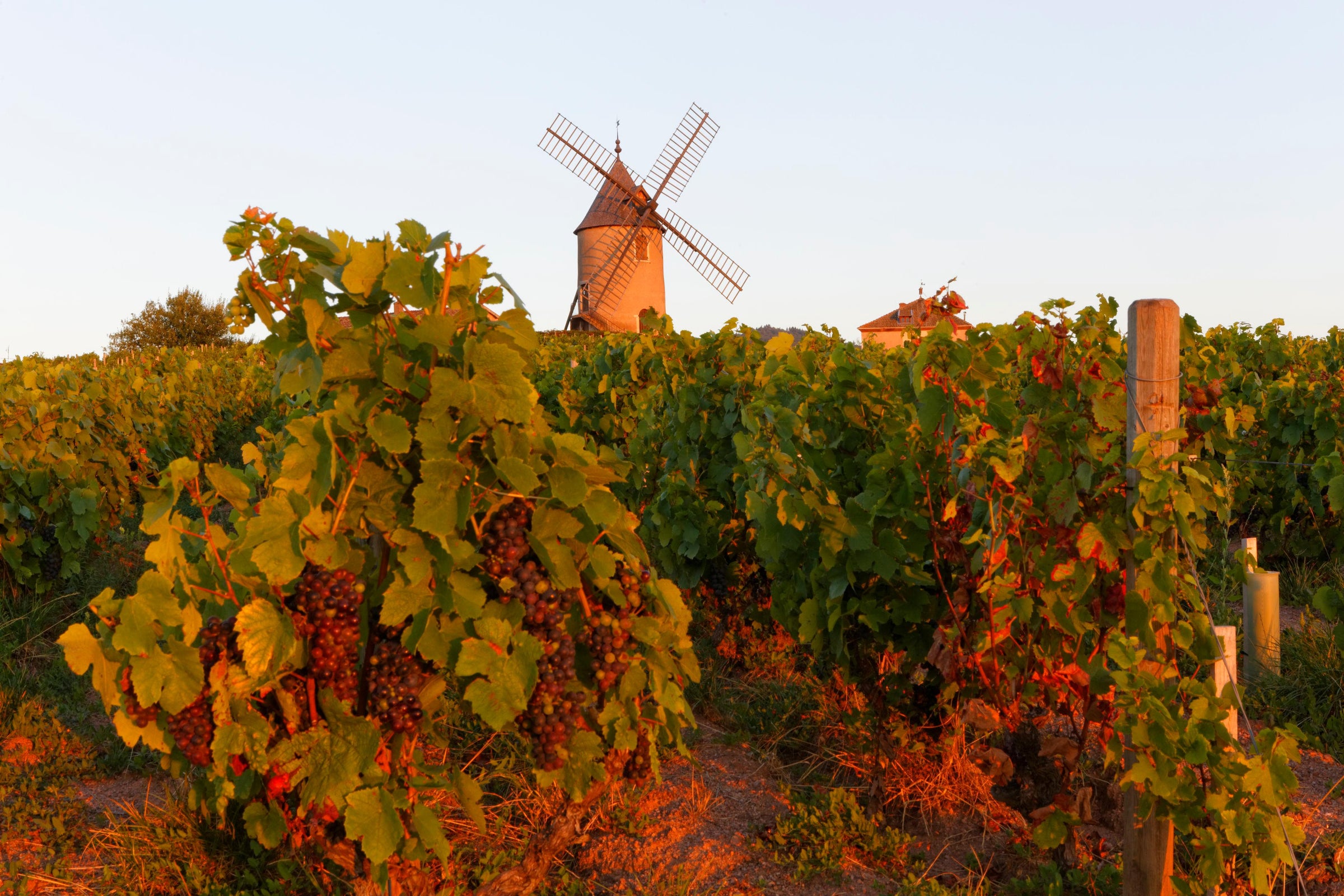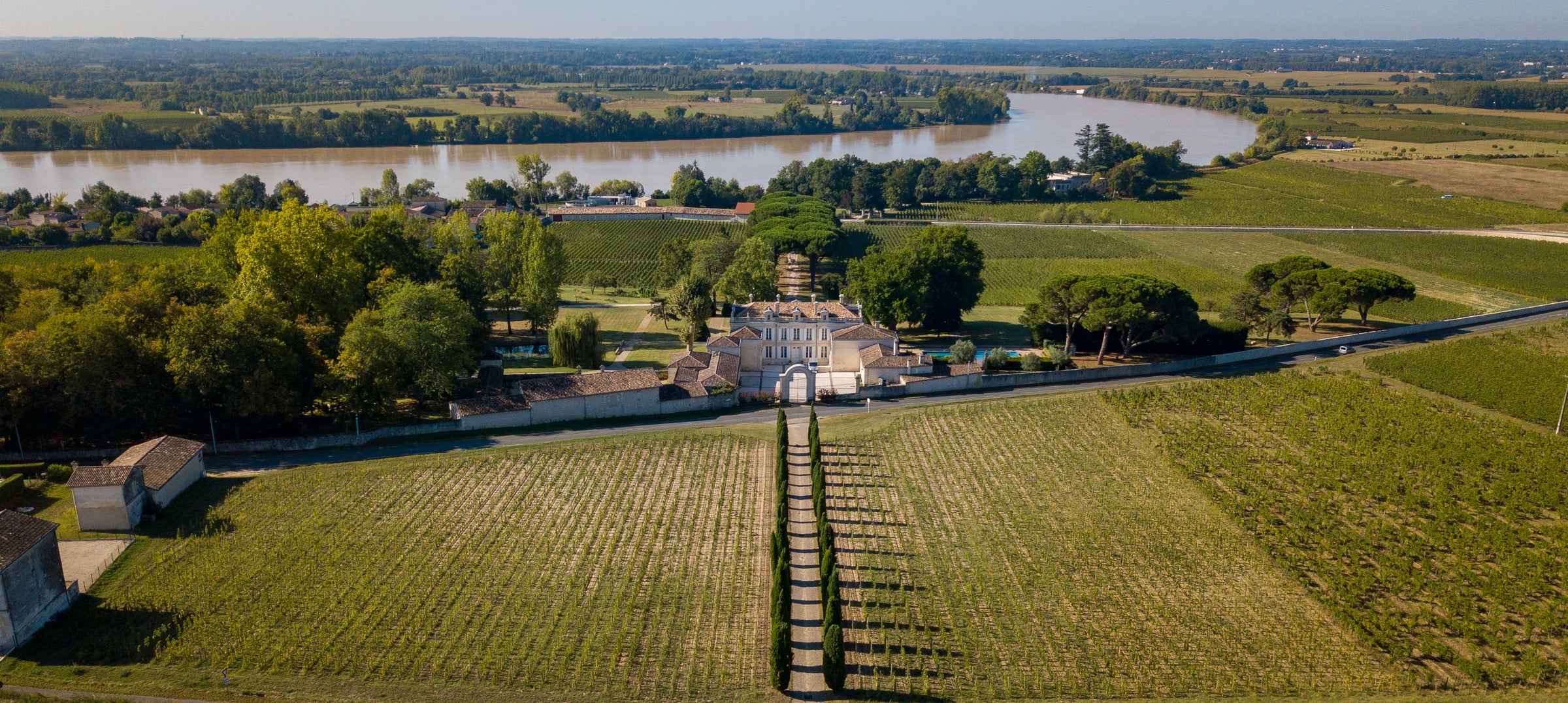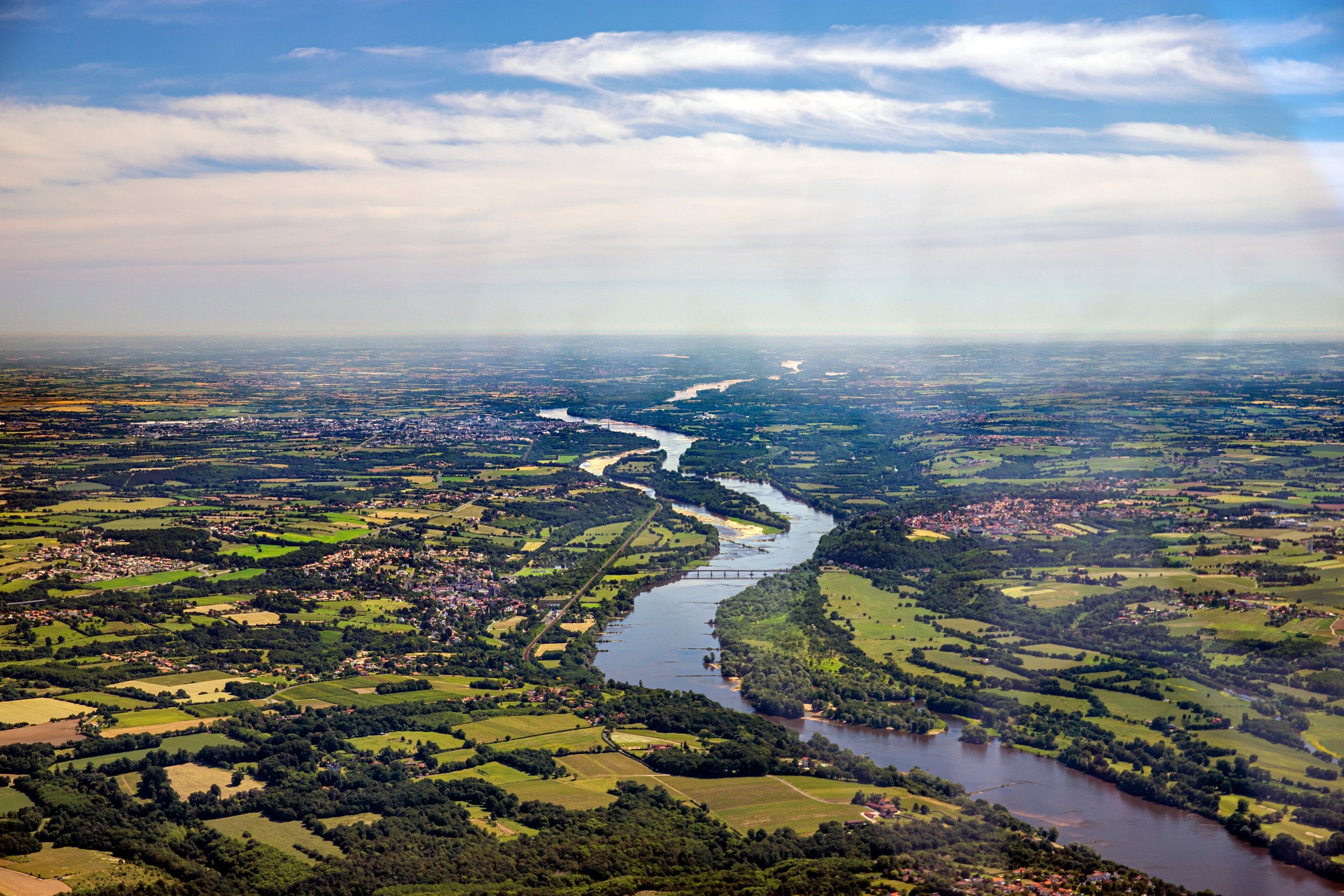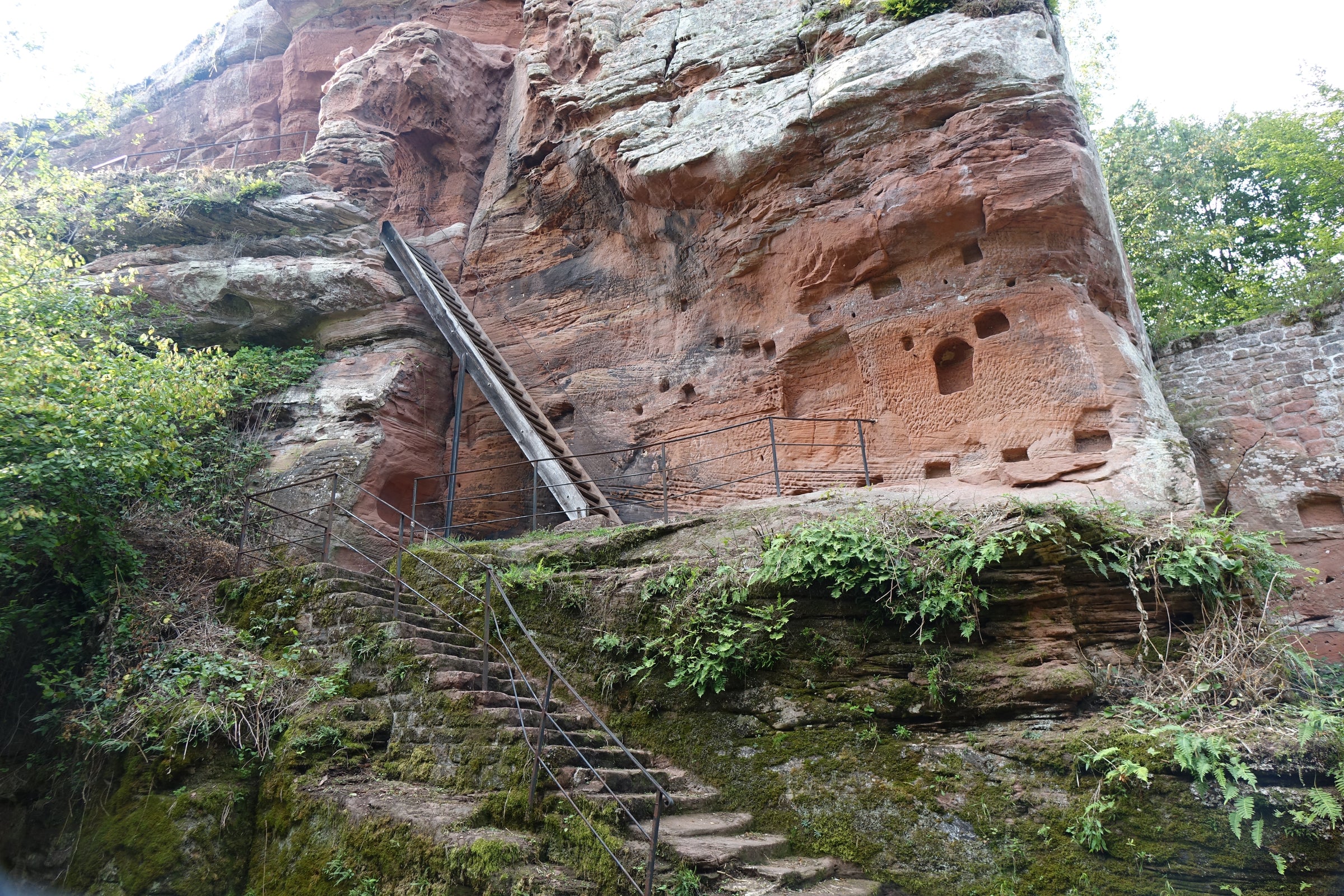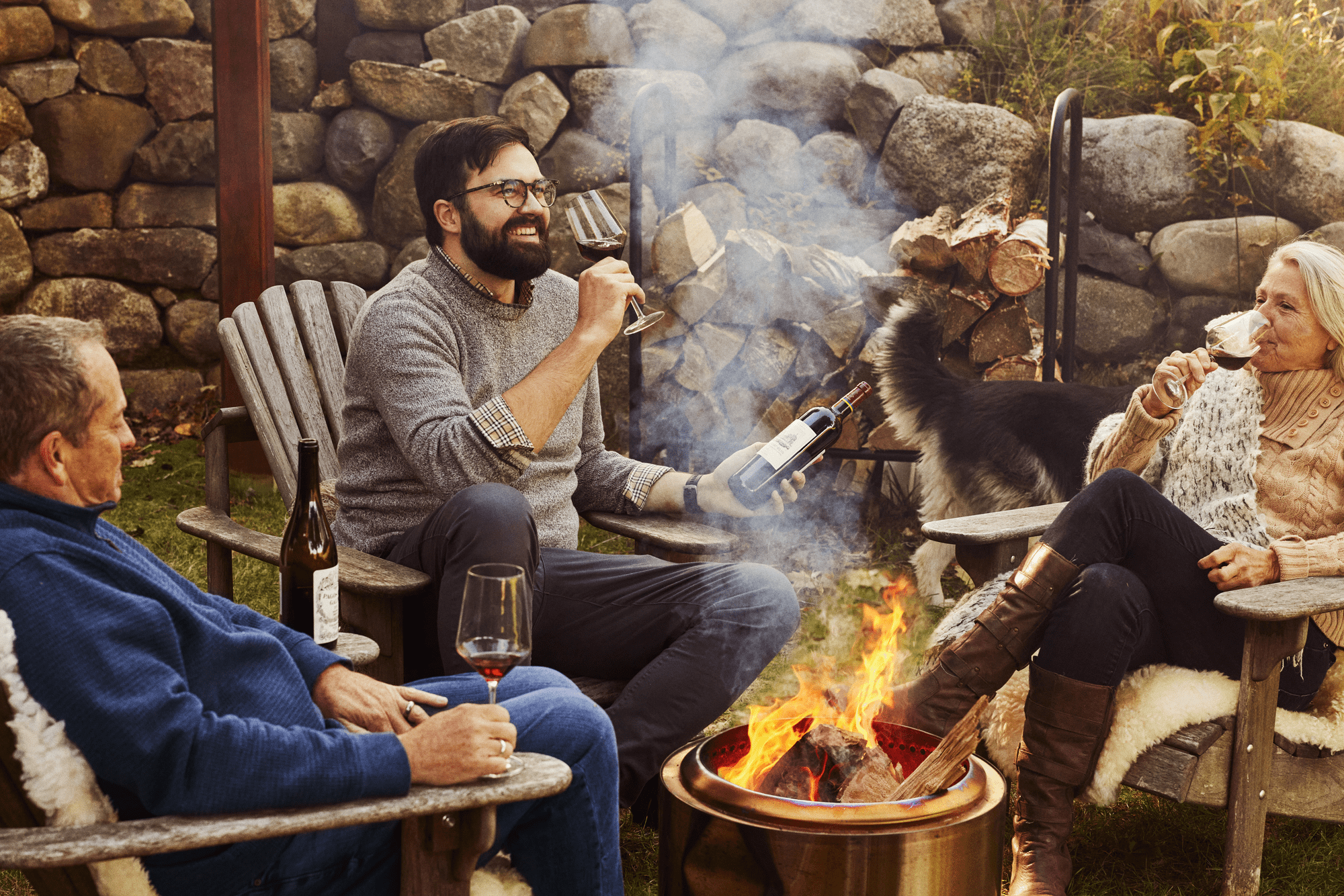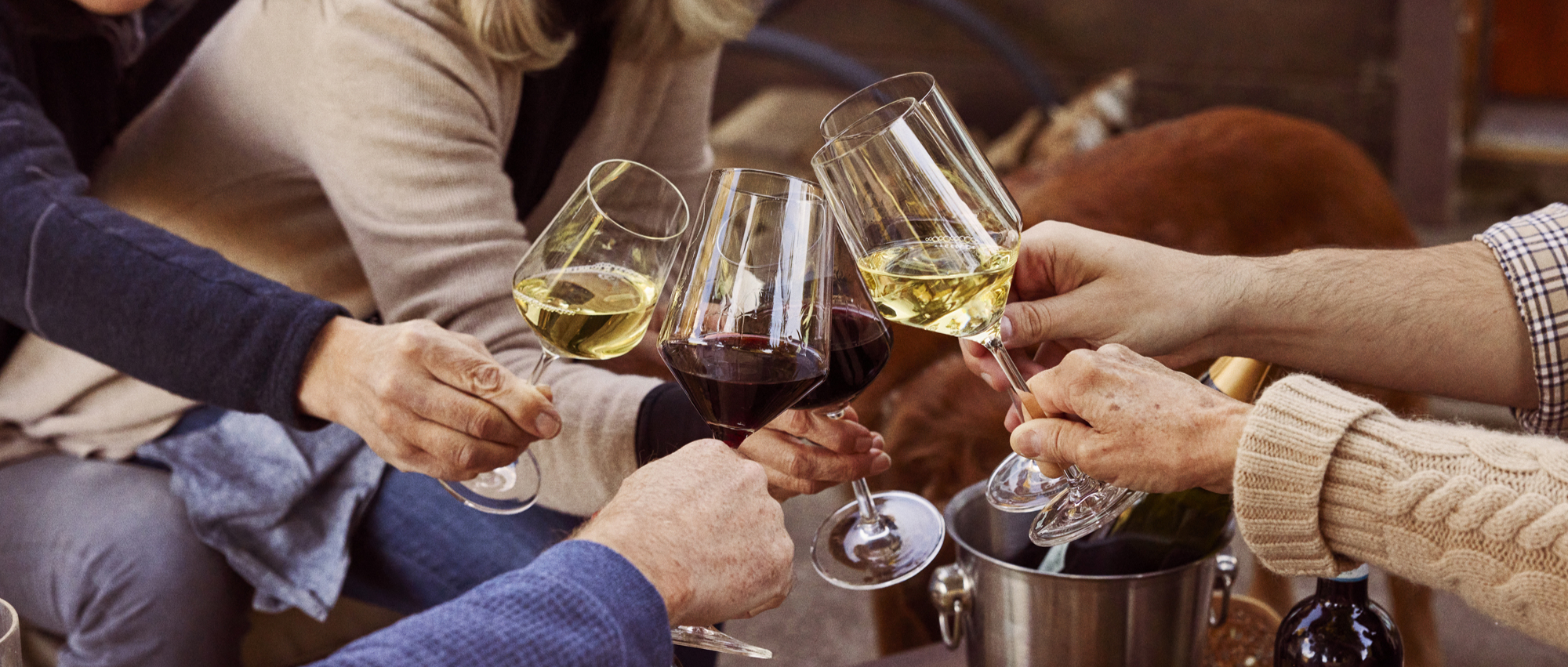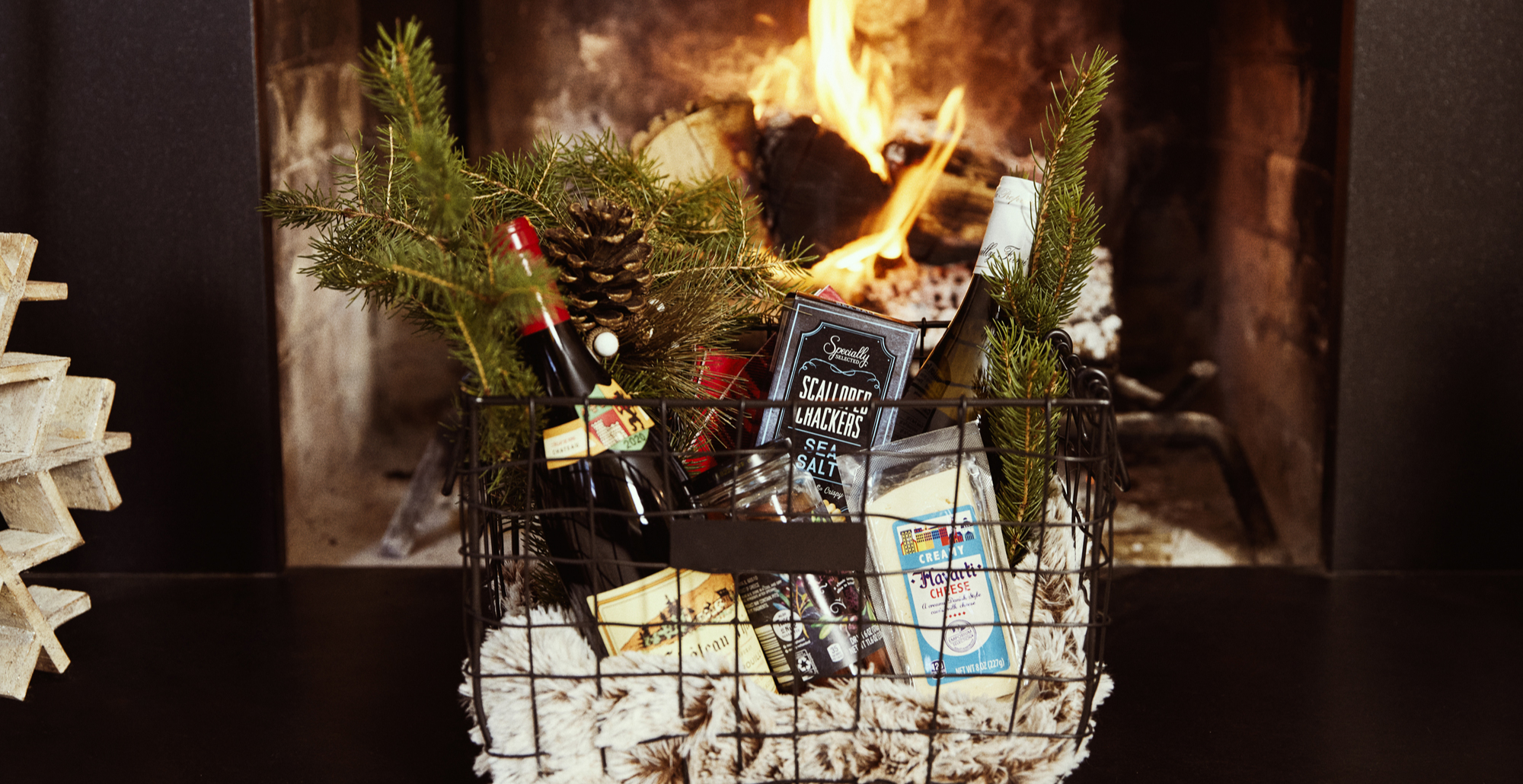When it comes to “pound-for-pound” performance, it’s hard to think of many wine estates anywhere in the world that can match what Ludovic Izerable and Corinne Lionnet do at Domaine Lionnet. Put simply, their “Terre Brulée” Cornas is one of wine’s most under-valued collectibles, and their 2019 is the purest, most accessible rendition I’ve encountered yet.
This is resolutely traditional, handmade Syrah produced in minuscule quantities from heirloom vines, and anyone who’s taken the time to examine Lionnet’s pedigree probably reads this and thinks, “I wish this guy would stop talking. The fewer people who know that blue-chip Cornas can be had for $75, the better.” Well, to those of you already on the Lionnet bandwagon, I apologize—but there is still, somehow, a little room left. Given that Domaine Lionnet sources from just 2.2 hectares of vineyards—vines that are manually farmed on the death-defying slopes of Cornas—I can only marvel at the fairness of the pricing and reiterate what an iron-clad investment opportunity these wines represent. The evolution of this ’19 over the next 20+ years is going to be a spectacle to behold, so do yourself a favor and buy in now. The upside here is ridiculous!
Having been Lionnet devotees since SommSelect’s founding, we’ve said this before: There’s the Cornas you read about in textbooks, then there’s the reality of the market. There simply isn’t much “old school” Cornas bottled anymore, and if you are fortunate enough to find it, bottles tend to either be too young to drink or overpriced. Lionnet is, despite its rabid following among sommeliers, still an outlier. When Ludovic, a highly talented winemaker originally from the Savoie, married Corinne, whose family has been growing grapes in Cornas since the 16th (!) century, a new—if tiny—wine dynasty was launched.
Domaine Lionnet’s case production is in the hundreds, not thousands or tens of thousands, and given the terrain here, grueling physical labor is the only option. Vines are grown 100% organically. All labor—including the grueling work of maintaining stone terraces—is done by hand, and the wines produced here are designed to be cellared for many years before the cork is pulled. This is soil-driven, unapologetically traditional Cornas.
“Terre Brulée” is the estate’s flagship cuvée, sourced from 40- to 100-year-old plantings across an assortment of parcels, all of them rich in the decomposed granite that makes Cornas Cornas. In the cellar, all wine travels from press to tank (both concrete and stainless) via gravity flow, no additives or filtration is used, and the wine is left to age for 18 months in well-used, 600-liter French oak demi-muids. And as with all great traditional Cornas, after release the wine still benefits considerably from further time reposing in bottle before drinking.
In the glass, the 2019 “Terre Brulée” is another brooding Syrah tour de force from Lionnet. It has an opaque ruby-black hue moving to a garnet/magenta rim, with aromas that leave no doubt whatsoever that we’re in an elite precinct of the Northern Rhône: smoked meat, plump red berry fruit, red and black currants, blackberries, and oil-cured black olives. As the wine breathes, ethereal floral aromas of lavender, violets, Ethiopian coffee, and cocoa reveal themselves. As is typical of classic Cornas, there’s a dense iron and granite core, giving this bottle a palpable sense of power and torque. For best results if drinking now, decant for 60 minutes and serve in large Bordeaux stems alongside a stick-to-the-ribs classic like cassoulet. Preparing a proper cassoulet takes time, and such is also the case with this bottle—I cannot stress enough that this bottle is an investment as much as a beverage. It’s delicious and deeply satisfying now, of course, but its aging potential feels practically limitless. Hold onto a few and watch as the tannins melt away and the fruit deepens and evolves, leaving an increasingly aromatic, exotically spiced, and savory/floral nose. It’s an ideal opportunity to explore the increasingly scarce beauty of properly aged Cornas. Don’t miss out!
